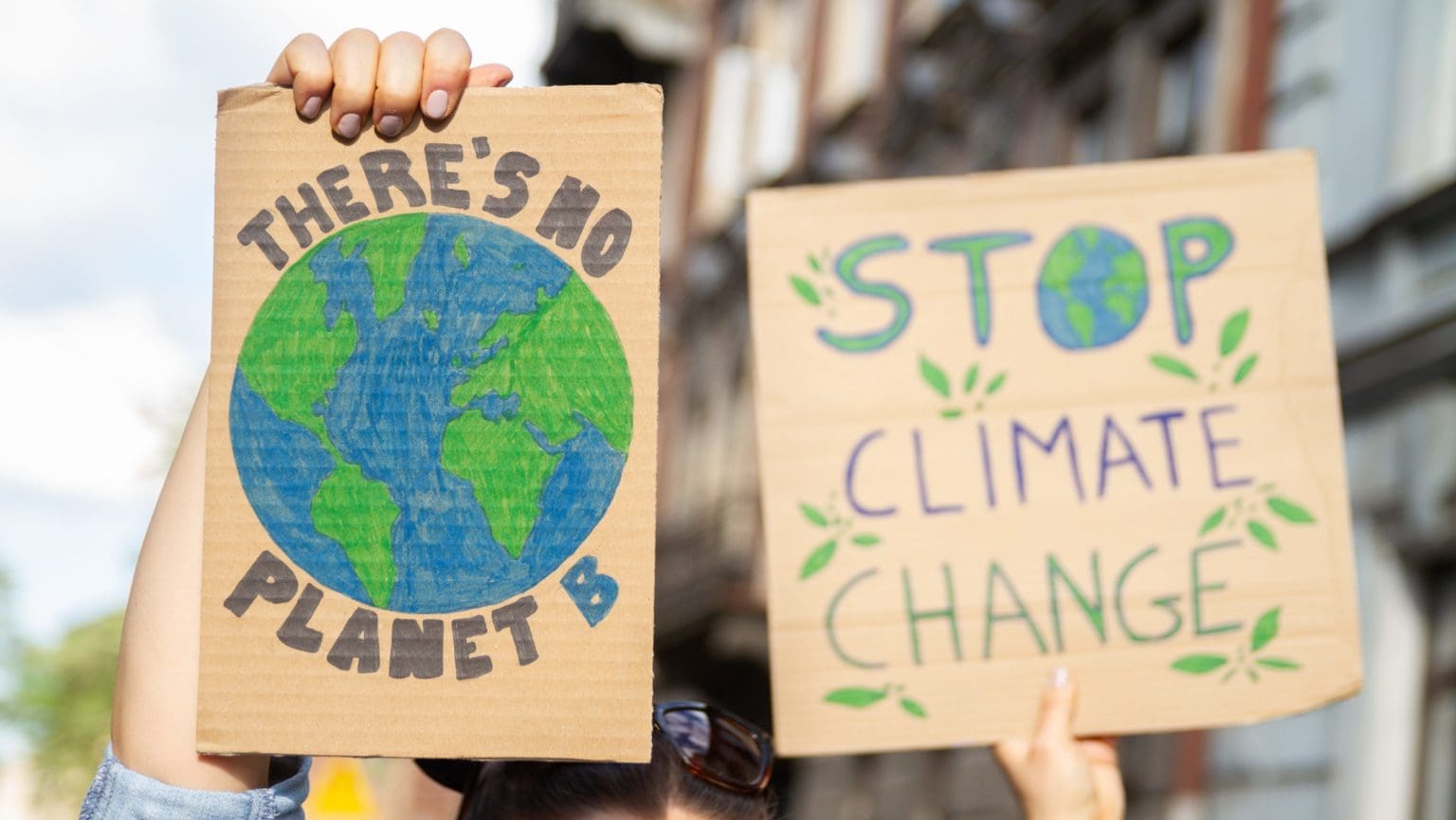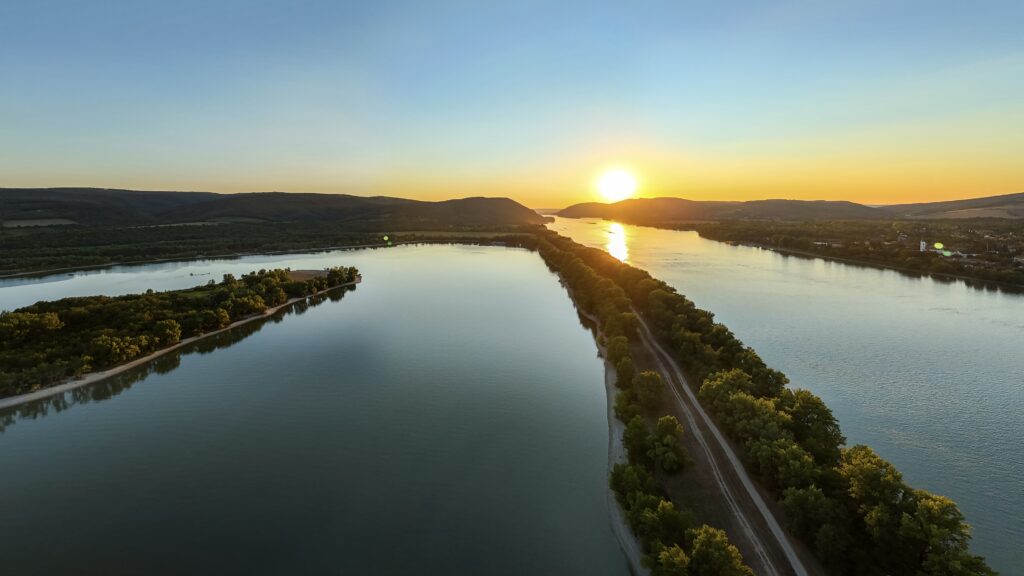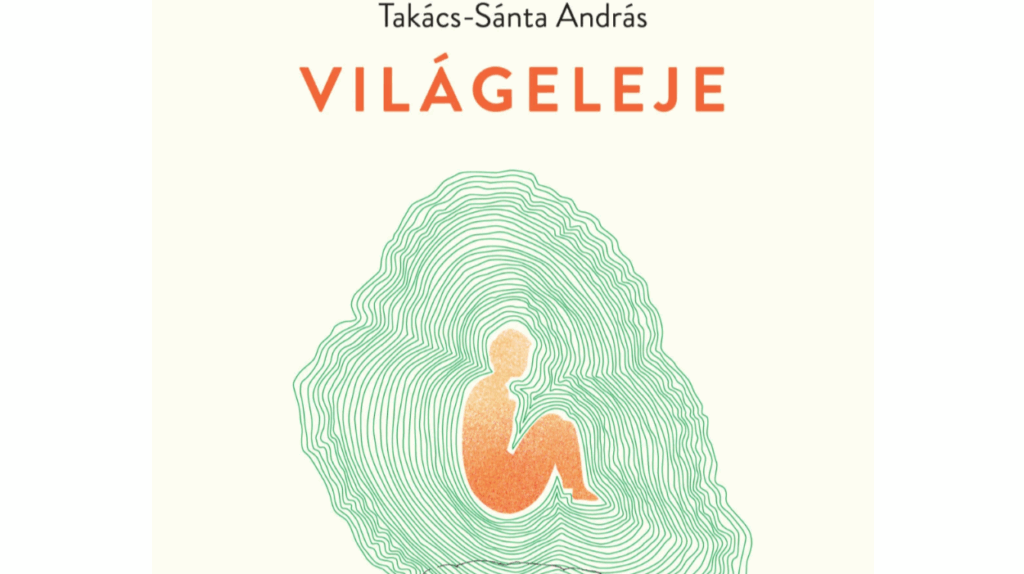The Intergovernmental Panel on Climate Change, the world’s leading authority on climate science, is being urged by eleven scientists from around the globe to produce a special science report on the ‘catastrophic climate change’ in order to ‘bring into focus how much is at stake in a worst-case scenario.’
How Bad Could Climate Change Get?
The report, published on PNAS, the online Proceedings of the National Academy of Sciences, raises the grim prospect of human extinction and global social breakdown, stating that the study of worst-case scenarios of climate change remains a dangerouly underexplored topic. While the historic Toronto Conference declaration of1988 had already stated that the possible effects of climate change could be ‘second only to a worldwide nuclear war’, little research has been done to improve our understanding of the problem or to propose possible solutions.
The likelihood of catastrophic effects depends on the speed and extent of climate change, the harm done to Earth and human systems, as well as the susceptibility and reaction of those systems. The extremes of these areas are understudied, such as significant temperature rise and cascading repercussions. The Intergovernmental Panel on Climate Change (IPCC) has observed that there have not been many quantitative calculations of the overall effects of global warming of 3 °C or more. Studies of how climate consequences could cascade or precipitate bigger crises are scarce, and research has largely concentrated on the effects of 1.5 °C and 2 °C.
Can Human Response Worsen the Crisis?
While even more straightforward ‘compound hazard’ analyses of the combines effects of various climate hazards and drivers are underutilized, a thorough risk assessment would need to take into account how risks spread, interact, amplify, and are aggravated by human responses, because that is how risks manifest themselves in the real world. For instance, when a hurricane damages electrical infrastructure, a community is left vulnerable to the lethal heat wave that follows. In recent times, combined risks from the COVID-19 pandemic and climate change have emerged. Climate hazards are getting more complex and challenging to manage, and they are cascading across regions and industries, according to the IPCC.
Combined risks from the COVID-19 pandemic and climate change have em
The COVID-19 pandemic has highlighted the necessity to take into account and prepare for the uncommon, but highly consequential global hazards and the systemic problems they can cause. We must carefully evaluate worst-case scenarios in order to practice prudent risk management.
Anthropogenic greenhouse gas (GHG) emissions are still rising 30 years after the United Nations Framework Convention on Climate Change (UNFCCC) was established. The current trajectory puts the globe on track for a temperature rise between 2.1 °C and 3.9 °C by 2100, even without taking the worst-case climatic reactions into account. By 2100, warming of 2.4 °C (1.9 °C to 3.0 °C) is anticipated even if all nationally specified contributions entailed in the Paris Agreement from 2030 are implemented in full.
The Worst-Case Scenario
The scientists stated that they are not predicting the worst. The issue, according to them, is that no one knows whether a ‘climate endgame’ is likely or unlikely, and the world needs such estimates to fight global warming. Humans are extraordinarily resilient, according to co-author of the study Luke Kemp of the Centre for the Study of Existential Risk at the University of Cambridge in England. ‘I think it’s highly unlikely you are going to see anything close to even extinction over the next century,’ he said. ‘Even if there is a 1 per cent possibility that we will experience a worldwide disaster and go extinct during the next century, that 1 per cent is simply too high.’ Climate catastrophe possibilities ‘look likely enough to deserve consideration’ and can result in protection and warning mechanisms, according to Kemp.
According to the study’s authors, sound risk calculations take into account both the most likely scenario and the worst-case scenario. However, mainstream climate science has focused disproportionately on low-temperature warming scenarios that are close to international goals due to resistance from non-scientists who deny climate change, according to co-author Tim Lenton, director of the Global Systems Institute at the University of Exeter in England.
He claimed that there is ‘insufficient emphasis on how things, the risks, the major risks, may potentially go very wrong.’ Lenton compared what he was describing to airplane safety. ‘It’s extremely likely that it will land without incident, but only because so much effort was put into planning for the worst-case situation and then determining how to prevent a collision.’ According to him, climate change can only be managed if scientists research what could go disastrously wrong, which isn’t being done sufficiently with regard to climate change.
‘The stakes may be larger than we imagined’
Jonathan Overpeck, dean of the University of Michigan’s environmental school, who was not involved in the study, stated that ‘the stakes may be larger than we imagined.’ He expressed concern that unknown climatic hazards could be discovered by the globe. When international scientific organizations examine climate change, they frequently focus solely on global phenomena like harsh weather, increased temperatures, ice sheet melting, increasing sea levels, and extinctions of plants and animals. But according to study authors, they don’t take into account how these have an impact on human cultures and interact with current issues like hunger, conflict, and disease.
Research Like This is Important
Kristie Ebi, a co-author of the paper and professor of public health and climate change at the University of Washington, said, ‘If we don’t look at the intersecting dangers, we’ll be horribly startled.’ Similarly to Lenton, Ebi has also participated in United Nations global climate assessments. During the evaluation of potential pandemics prior to COVID-19, health professionals were also consulted, Ebi recalled. They discussed the spread of diseases, but not lockdowns, issues with the supply chains, and slowing economies. More than the physical changes to Earth itself, the study’s authors say they are concerned about societal collapse caused by climate change, including war, famine, and economic crises. While many people reject climate doom talk, climate scientists and risk specialists have welcomed the idea of the need to focuse on the worst of the worst.
Climate scientist Andrew Weaver of the University of Victoria and former Green Party lawmaker for British Columbia, said he doubts that ‘…society as we know it will make it out of this century.’ Humans that are resilient will survive, but our urbanized society that depends on rural agriculture will not, he predicted.
Climate scientists have been attacked in the past for presenting future scenarios of drastically increased carbon pollution when the globe is no longer on track to more rapid warming, according to Zeke Hausfather of the Internet startup Stripe and Berkeley Earth. However, it is sensible to consider dire outcomes ‘as long as we are careful not to combine the worst case with the most likely conclusion,’ he warned.
Are We Ready for the Worst Case?
To sum up, while the study acknowledges that the possible scenarios explored in it are highly unlikely, it warns that they should not be ignored by the scientific community or decisions-makers. The paper presents evidence that global warming could cause societal issues in addition to physical ones. Ultimately, if the events triggered by global warming lead to social unrest around the globe, the effects may be detrimental.








